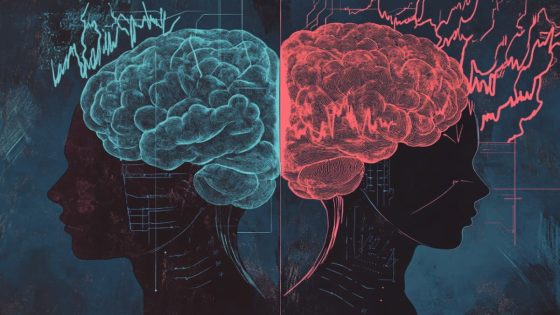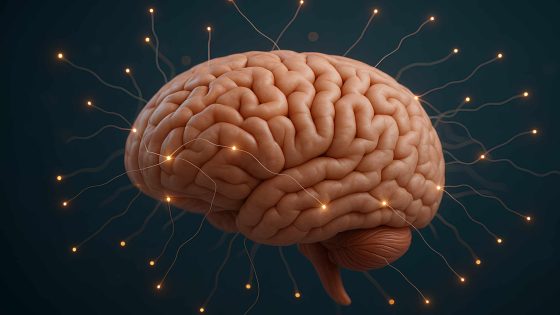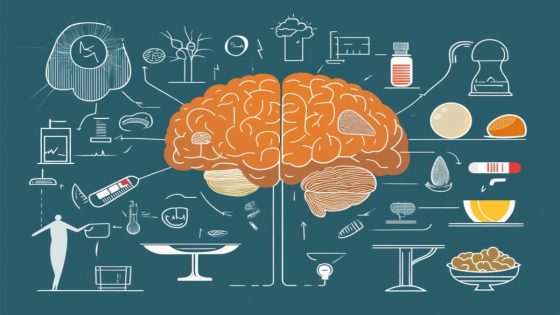A recent study highlights how caffeine can significantly impact sleep quality, particularly among younger adults. Conducted by researchers at the University of Montreal, the findings reveal that caffeine disrupts the brain’s recovery process during sleep, especially in those aged 20 to 27. Published on 2025-05-30 02:40:00, this research underscores the importance of understanding caffeine’s effects on our nightly rest.
- Caffeine increases brain activity complexity during sleep.
- Younger adults are more affected by caffeine.
- Caffeine disrupts deep sleep rhythms significantly.
- Increased beta waves indicate alertness during sleep.
- Adenosine receptor density affects caffeine sensitivity.
- Further research needed on cognitive health impacts.
The study utilized advanced EEG and AI technology to analyze brain activity in 40 adults after caffeine consumption. Results showed that caffeine increased brain complexity and altered sleep rhythms, suggesting that younger individuals may be more vulnerable to its effects.
Could your caffeine habit be affecting your sleep quality? The study suggests that caffeine not only keeps you alert during the day but may also hinder your brain’s ability to recover at night. This is crucial for memory consolidation and cognitive health.
- Limit caffeine intake, especially in the hours leading up to bedtime.
- Consider alternatives like herbal tea for an evening beverage.
- Monitor your sleep patterns to identify any changes related to caffeine consumption.
Understanding how caffeine affects your sleep can empower you to make healthier choices. Consider adjusting your intake to improve your nightly rest and overall cognitive function.

































